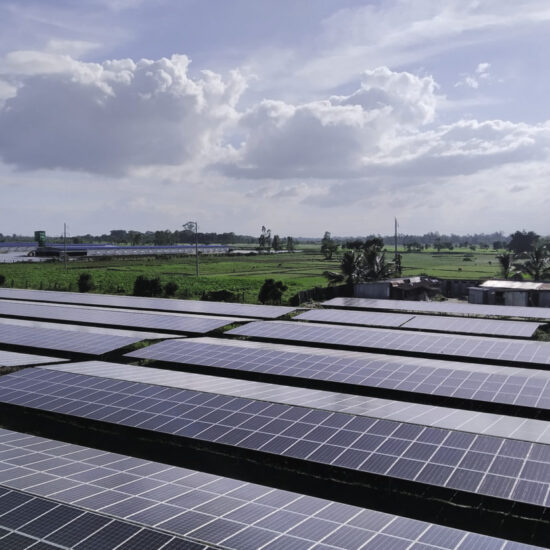
The Copperbelt Energy Corporation – CEC woes have deepened following the exit of Glencore and the 100% acquisition of Mopani Copper Mines – MCM by state owned investment company – ZCCM IH. Mopani happens to be one of the top customers of CEC.
CEC top three mining customers included Konkola Copper Mines – KCM, Mopani Copper Mines and Chambishi Metals. The company also relied on purchasing power from state owned power giant, ZESCO, which they would then resell to the mines and other customers.
However, the cracks in the relationship between CEC and ZESCO emerged when power utility ZESCO announced an increase in tariff across the board including for mining houses. When CEC attempted to pass on the increase tariffs to Mopani, the mining house threatened to close its mines in both Kitwe and Mufulira, a decision that has now culminated into the exit of glecncore.
It was after this action (threats of shutting down Nkana and Mufulira Mines) that counter accusations emerged that CEC was buying power cheaply from ZESCO and making a fortune reselling it to the mines. ZESCO which had the hindsight of supplying power directly to First Quantum Minerals – FQM mines based in Solwezi and Kalumbila without a middle-company then opted to directly negotiate power supply to KCM.
This was after the government takeover of KCM from Indian miner Vedanta Resources, a matter which is still being contested. KCM then entered into an electricity supply agreement directly with ZESCO, cutting out CEC which was the middleman in the erstwhile transaction.
CEC stated in its 2019 annual report that KCM alone accounted for about 40% of its total revenues and had an outstanding debt of about US$144 million. When CEC threatened to cut off power supply to KCM, Energy Minister Matthew Nkhuwa proceeded to issue a statutory instrument declaring the power transmission infrastructure as common carriers which enabled Zesco to resume direct power supply to KCM.
Glencore’s Mopani Copper Mines which is the other key customer for CEC has now been taken over by ZCCM IH, a state owned investment company under the Industrial Development Corporation – IDC.
This takeover is seen to have further weakened CEC negotiating and revenue position which insiders say was much stronger under the Glencore ownership of Mopani assets. CEC will now have to kowtow to ZESCO and ZCCM IH to establish a path to revenue retention and sustaining its balance sheet.
On 25 January 2021, CEC re-issued a profit warning through its company secretary Julia Chaila made available to the Zambian Business Times – ZBT stating that their Power Supply Agreement with KCM has come to an end.
Chaila stated that “the CEC Board would like to inform the market that the Power Supply Agreement with Konkola Copper Mines Plc (“KCM”) had come to an end, thereby removing any contractual obligations for CEC to continue supplying electricity to KCM.
Furthermore, she stated that she stated that the shareholders were advised that KCM had accumulated debt of US$145 million in unpaid power charges and had signed a term sheet with ZESCO for power supply.
CEC in its note stated that in addition, the Government of the Republic of Zambia issued Statutory Instrument No.57 of 2020 on 29 May 2020 declaring CEC transmission and distribution lines as “Common Carrier”, enabling ZESCO to transport or wheel power through the CEC infrastructure to supply KCM.
Chaila confirmed that “the outstanding events/circumstances surrounding the settlement of KCM’s debt and the review of the contractual arrangements in respect of continued service provision to KCM may have a material effect on the price of the Company’s securities”.
Now that government has taken over Mopani Copper Mines, it is projected that Zesco will in a similar manner have a much stronger negotiating position and proceed to have a direct power supply agreement with the Mopani and cut out CEC as the middleman to increase its margins. The loser in this transaction will ultimately be CEC.
More to follow as CEC unveils its strategies in place to maneuver the complex and yet lucrative energy sector. This article was first published in the print edition of the Zambia Business Times and reproduced here.






